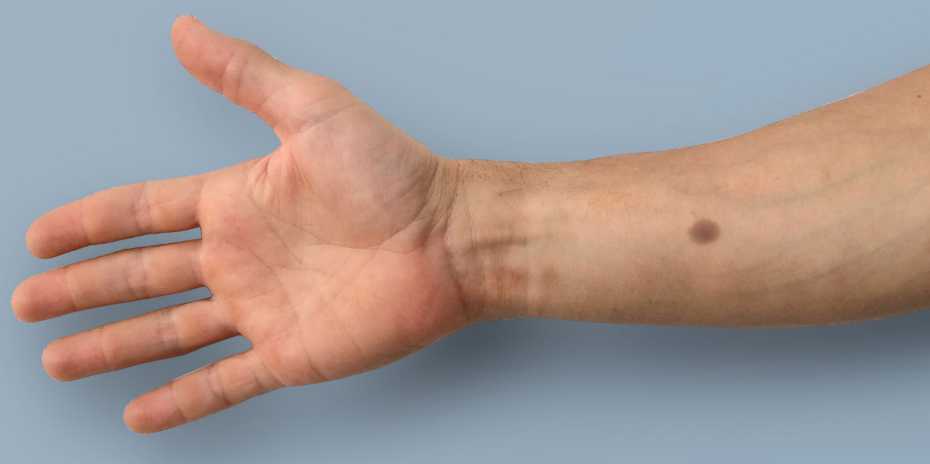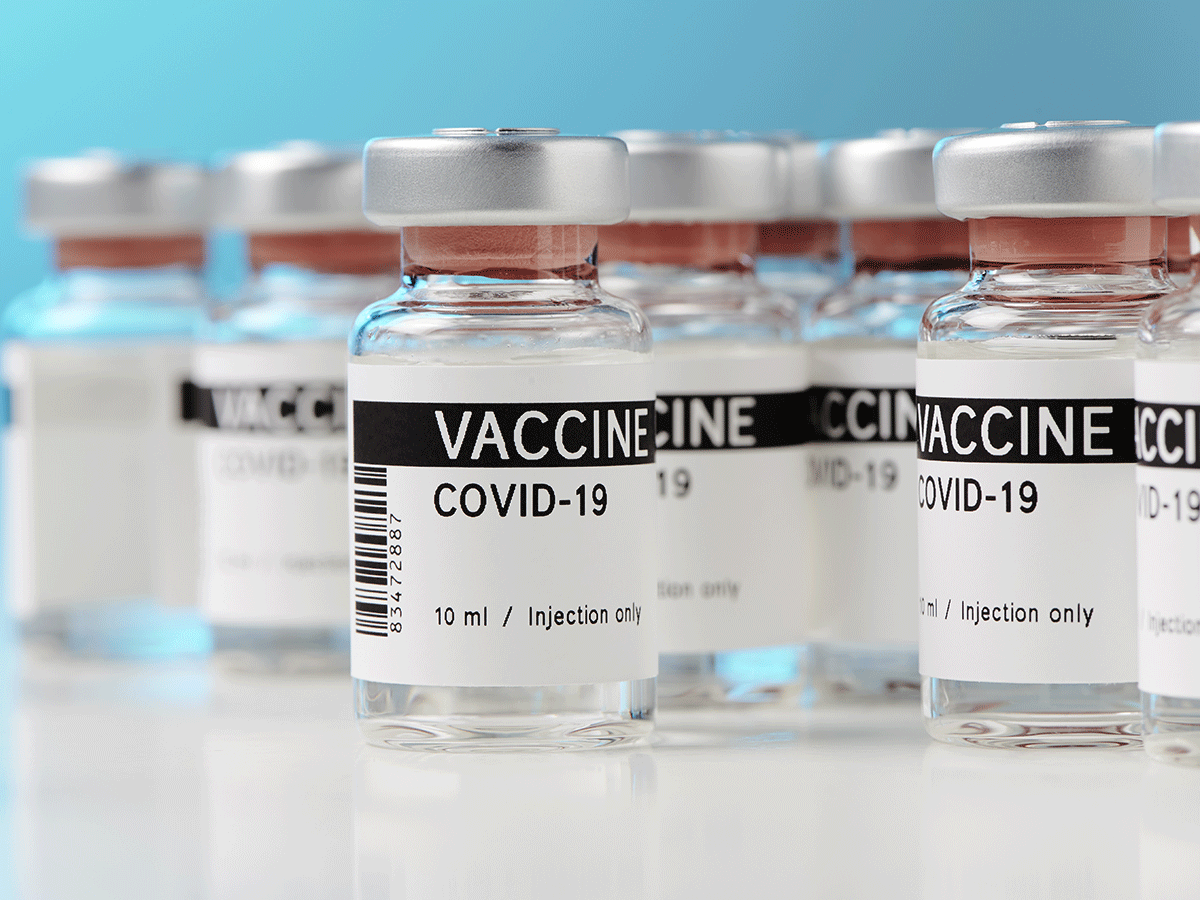
Scientists at the ETH Zurich have developed a novel method for the early detection of four common cancers. They developed implantable synthetic gene network that develops artificial mole in correlation to the rise of calcium levels in the blood due to developing tumour. Cancer is a group of diseases characterised by the abnormal growth of cells and they rapidly spread throughout the body and destroys body tissues. There are around 100 types of cancers, and the majority of the cancers remain undetected for a long time and are usually diagnosed in the advanced stages thereby leading to the decreased survival rates of the patients.
Early detection of cancer not only reduces the treatment costs but also drastically improves the survival rates of patients. Although extensive research has been taking place in the area of cancer research, still there has been no such method that allows for the early detection of the deadly disease. The treatment would involve surgery, chemotherapy and radiation therapy. According to the recent studies, having Asparagus
Without any further delay, let’s look into the intricate details of the current research. The prototype made by the scientists feature a genetic network that is integrated into human cells, which in turn is encapsulated in an implantable device. When the implant is inserted under the skin and continuously monitors the calcium levels in the body. When it detects a spike in the calcium levels for a long period, it triggers the genetically modified cells to produce an extra amount of pigment called melanin. As a result, there appears the brown mole on the skin that is visible to the naked eye.
This artificial mole serves as the warning signal for four types of cancers that include Colon, breast, prostate and lung. The researchers have tested the prototype model in the skin of mouse and pig models, and the implant responded well to the elevated levels of calcium in the blood. This artificial mole method detects cancer much earlier than detected by the conventional diagnosis. However, on the flip side, since the encapsulated device is made of living cells, it has a lifetime of one year and has to be replaced or reactivated annually. The team now plans to extend the concept to monitor other biomarkers apart from calcium for hormonal disorders and other neurodegenerative diseases.
The Research study was published in the journal Science Translational Medicine.







